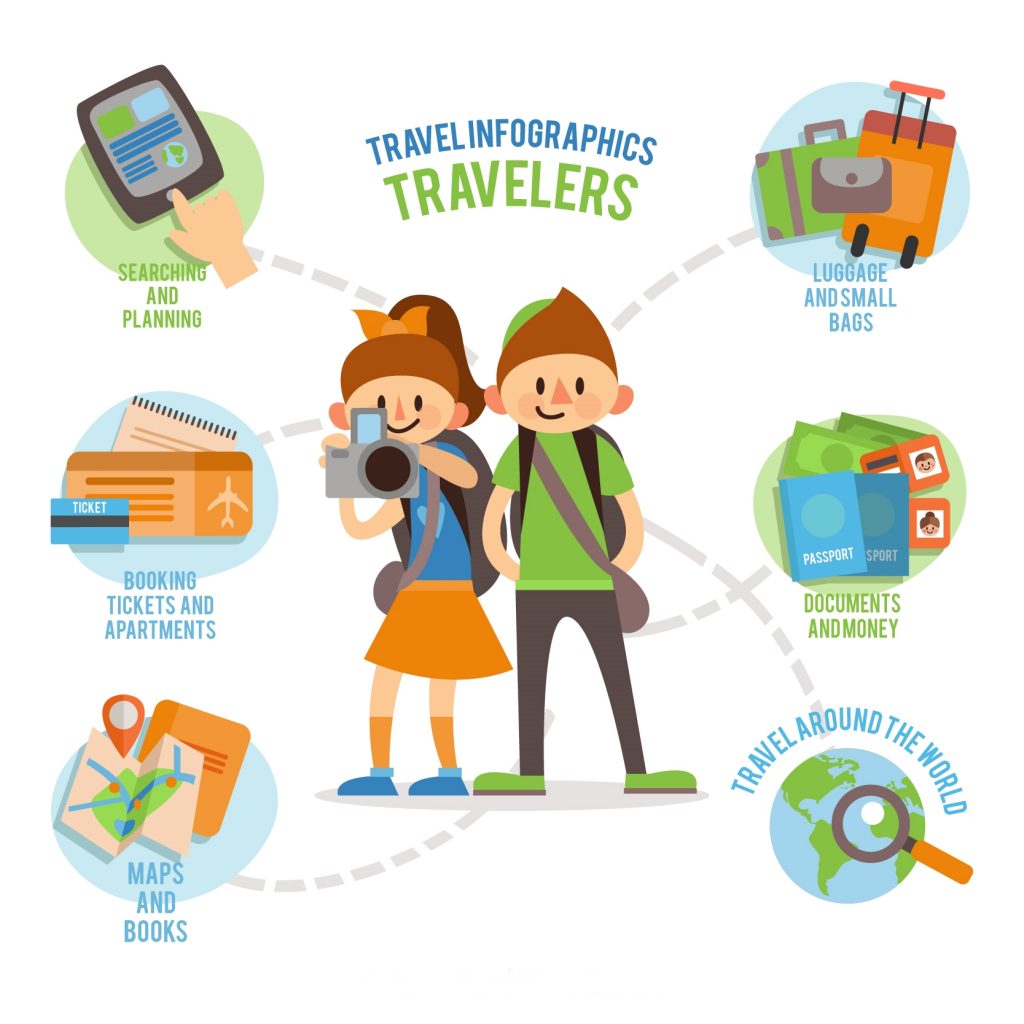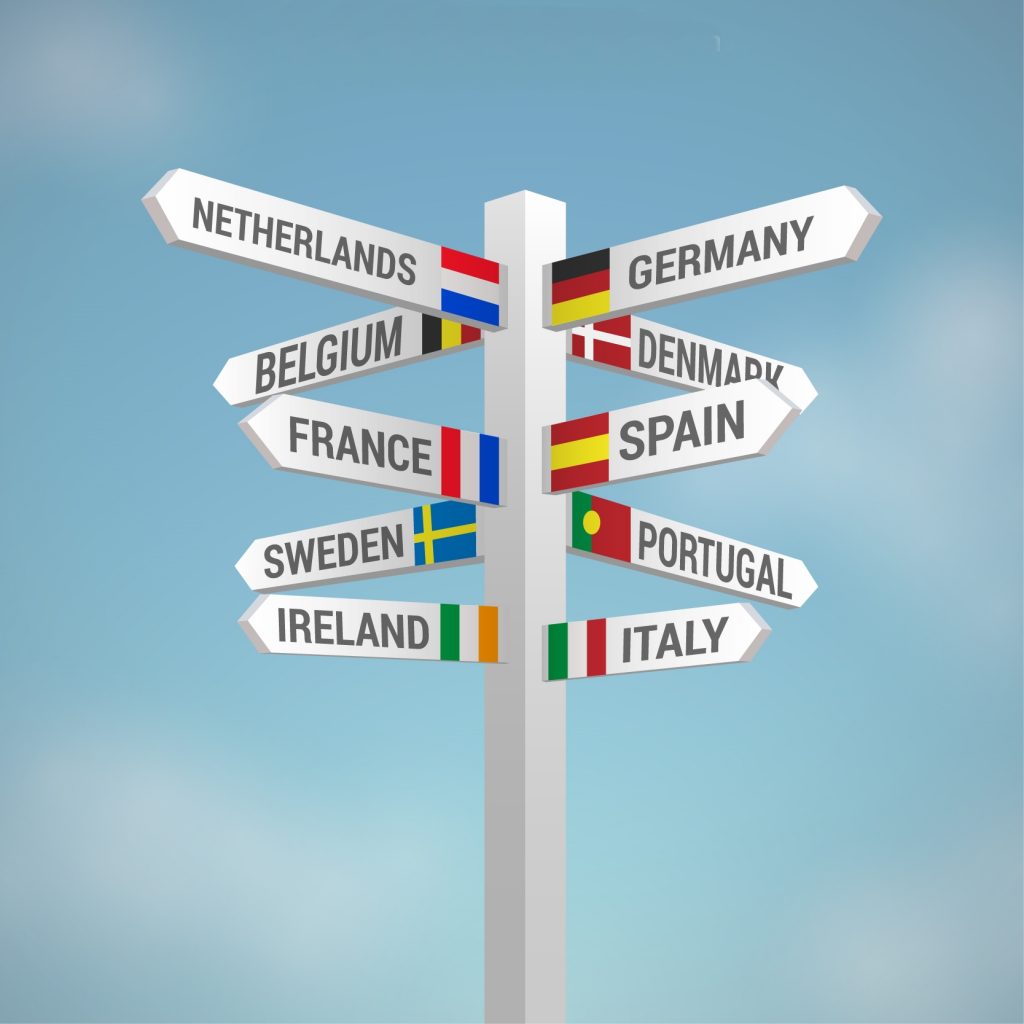- August 1, 2016
- Posted by: admin
- Category: Lifestyle, Study Abroad
 Study abroad can and will change your life. It will expose you to new experiences and people from all walks of life. It will give you confidence, build your character, improve your problem-solving ability, it will even teach you to be comfortable in your own skin no matter how uncomfortable the situation will be. Most importantly, you will learn tolerance, patience, and acceptance. The question that remains is: “how are you supposed to include the many ways that study abroad shaped you into better a person on your resume?”
Study abroad can and will change your life. It will expose you to new experiences and people from all walks of life. It will give you confidence, build your character, improve your problem-solving ability, it will even teach you to be comfortable in your own skin no matter how uncomfortable the situation will be. Most importantly, you will learn tolerance, patience, and acceptance. The question that remains is: “how are you supposed to include the many ways that study abroad shaped you into better a person on your resume?”
Simple, you follow these steps.
Plan Ahead
First, let’s hope you’re reading this article before you start your journey to study abroad. If so, that would mean that while you’re away, you can put in that extra effort to pick up some crucial skills that will benefit you in the future.
One great thing to do is start a blog about your study abroad experience. Use it to publish content for the entire duration of your trip. This will be have a double bonus. One, you will be documenting and sharing your experience with the world in an intimate and personal method. Two, it will prove that you have dedication and can stick with a task for several months at a time. It’ll force you to pick up new skills quickly, such as writing, editing, marketing, networking, social media, editing photos, html (in some cases) and building a brand.
This is especially useful if you’ll be applying for a job in publishing, or online marketing in any industry.
Take language classes while you’re away, or learn a new local language by immersion. This will always boost your resume. Use your spare weekends to travel and explore the country, and if your in Europe visit neighboring counties as well. This will help you grow as an individual and widen your perspective on the world! Volunteering is also an amazing option that will look great on your CV. Hiring managers love individuals with a philanthropic personality. It shows how kind and mature you are, qualities that are both rare and high in demand among new graduates.
It’s definitely worth noting on your resume that these were extra-curricular activities: that they weren’t required by your program, and that you took the initiative yourself, because you wanted to get the most out of your study abroad experience.
When Discussing Studying Abroad on Your Resume, Split it Between Experiences and Education.
Studying abroad and attending college are two different things. Separated by the sheer number of skills that you pick up by moving abroad than by attending college in your home country. It’s because of this that you’ll want to list study abroad experiences under their own heading. This will allow you to talk about them and what you gained from them in more detail rather than trying to summarize in a few bullet points.
 Add a Visited Countries Section
Add a Visited Countries Section
If you’re planning on applying for a job that would entail you to travel frequently, add this section. Have it include a list of countries you’ve visited (both during study abroad and before/after), it will show that you’re open to travel and are used to the stresses and difficulties it can bring.
Add a Few of These Skills
No one knows how studying abroad has helped you better than yourself, but putting them in written form can prove to be an extreme challenge. The best way to do this would be to ask the people around you, those who know you best, what changes did they see in you? What are the main differences that they can pinpoint about you before and after studying abroad.
In the meantime, check out the options below in order to get you started.
Financial management skills: Being in a foreign country forces you to deal with a completely new  system of exchange rates that you will need to keep track off in order to better manage your money. Add to that the fact that there is so much that you want to do and try but you also have a budget to balance it with will force you to think like an accountant. And this ability is highly valued everywhere, in life and in business.
system of exchange rates that you will need to keep track off in order to better manage your money. Add to that the fact that there is so much that you want to do and try but you also have a budget to balance it with will force you to think like an accountant. And this ability is highly valued everywhere, in life and in business.
Improved language skills: Simply by being in a new country that speaks a new language, you will learn quite a lot by immersion. Even if your studies were in English, chances are you will be hanging out with natives that will speak a different language. Even if you haven’t become fluent in that language its still a bonus on your resume. Use it.
Honed your problem solving skills: At its core, studying abroad is all about problem solving. Whether its the simple manner of navigating your way in your new college among people you don’t know, or by attempting to explore and discover the country your in. You will run into a multitude of problems simply because your unfamiliar with the place. And what better way to learn problem solving than by being forced to do it with little to no help.
Improved people skills: While abroad you will meet a great number of interesting people from every walk of life imaginable. Each one is unique with their own personality and mentality. Being thrown into this atmosphere you would have learnt how to deal with these people and more.
Learned communication techniques: If someone doesn’t speak the same language as you, but you need to communicate with them, how do you do so? After time spent studying abroad, you’ll mostly likely know how to do this! Communicating with people who don’t speak the same language as you teaches you how to mime efficiently, encourages you to pick up words and phrases you can use in conversation, and teaches you the art of patience, rather than just speaking even louder in English in the hope that’ll make you better understood.
Improved cultural awareness and sensitivity: Spending time in a foreign country only increases your tolerance and awareness of the local population. Think about any preconceptions you had about the country and local people of the country you went to study abroad in — have they changed?
 And From This List of Personal Qualities
And From This List of Personal Qualities
You’ll have no doubt improved your personal qualities while you’ve been studying abroad as well! Here are a few examples of qualities that you may want to include in your resume:
Tolerant
Independent and self-reliant
Flexible and adaptable in unfamiliar situations
Assertive
Open to being relocated
Bilingual
Inquisitive
Appreciative of diversity
Don’t Give it All Away
The key to a successful resume is staying concise and sharing only the most important information. You want to share just enough that your future employer can tell it’s a desirable quality, but keep some information to yourself so that they’ll want to invite you to an interview to ask more.
When writing your references section, you could include a professor or supervisor from your study abroad experience. They’ll be able to speak first-hand about how the experience helped you develop many skills while overseas, as well as backing up your international experience.
Prepare for an Interview as You Write
As you’re putting together your resume, keep in mind how you’ll explain every point if you were to be chosen for an interview. You don’t want to exaggerate anything in case you’ll then be called out on it in person, for example! Instead, after every bullet point you include, practice talking about that point as if somebody had asked you for more information.
If you can’t readily talk about a certain point and use it to sell yourself to an interviewer? Don’t include it in the resume.

